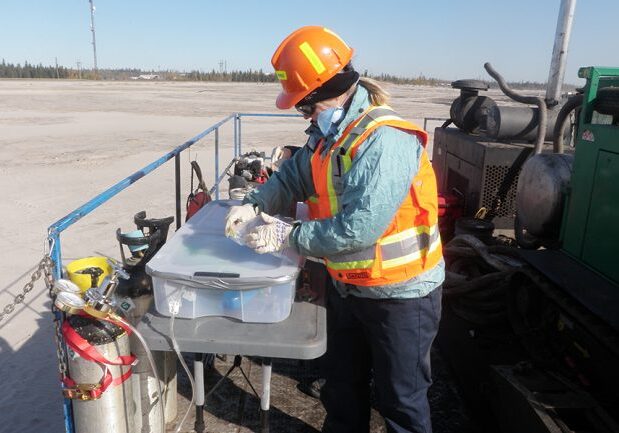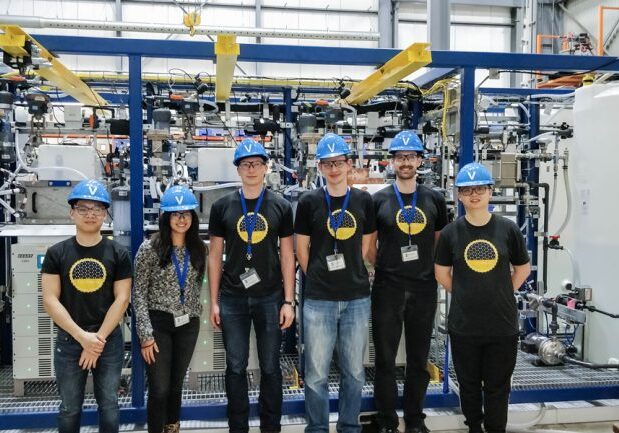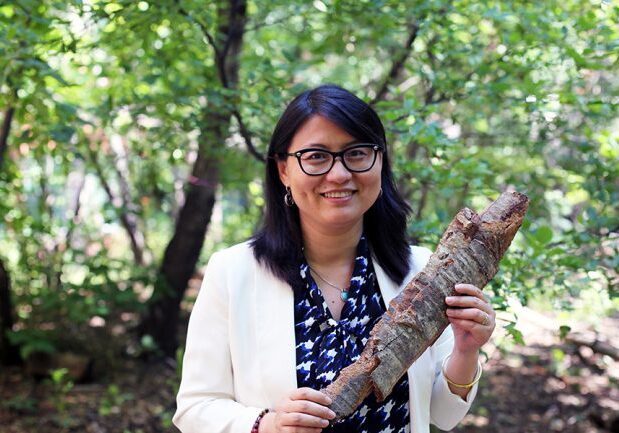
The forest biorefinery: Developing a new generation of sustainable plant-based materials and products
Professor Ning Yan and her colleagues are converting tree bark and other forestry byproducts into commodity chemicals and more
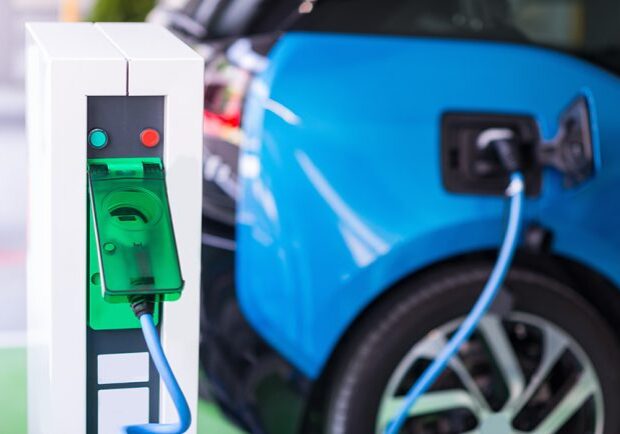
U of T Engineering study: Electric vehicles can fight climate change, but they’re not a silver bullet
Researchers estimate that meeting U.N. climate targets would require up to 90% of U.S. passenger vehicles to be electric by 2050, a scenario considered unrealistic
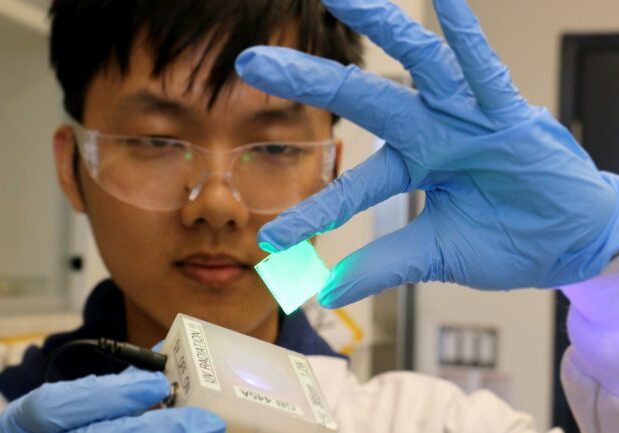
New academia-industry partnership to accelerate the search for materials for sustainable energy and smartphones
A new consortium of world-leading researchers and industry partners looks to use artificial intelligence to flip the materials discovery process on its head
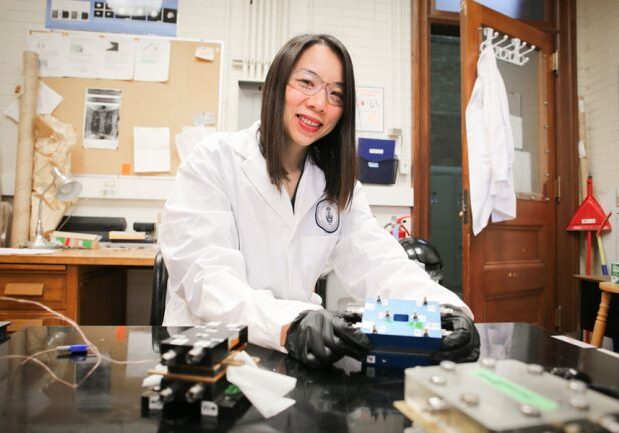
McLean Award recipient Aimy Bazylak is creating new technologies for sustainable energy
Funding will enhance a research program in fuel cells and electrolyzers, which can provide low-emission electricity infrastructure
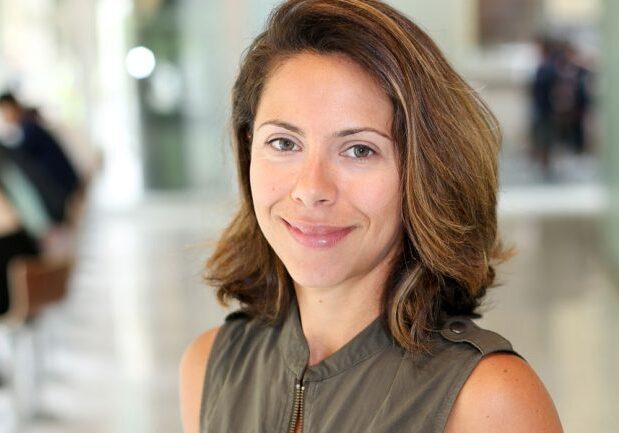
Modelling the health benefits of electric cars
A new study from Professor Marianne Hatzopoulou (CivMin) suggests that each electric car in Toronto could provide nearly $10,000 worth of social benefits by improving air quality.
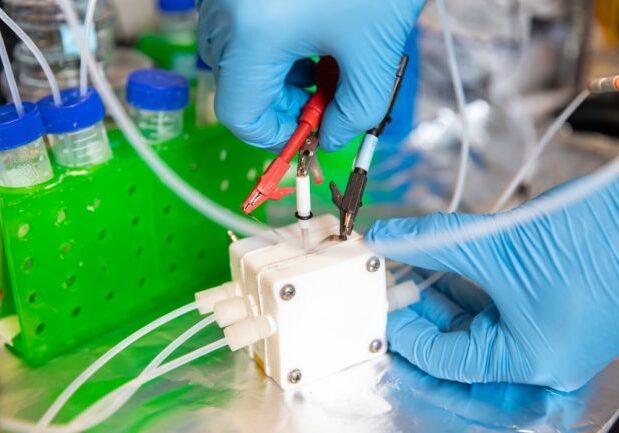
Artificial intelligence helps researchers up-cycle waste carbon
A collaboration between U of T Engineering and Carnegie Mellon University has produced a record-setting catalyst for CO2-to-ethylene conversion

